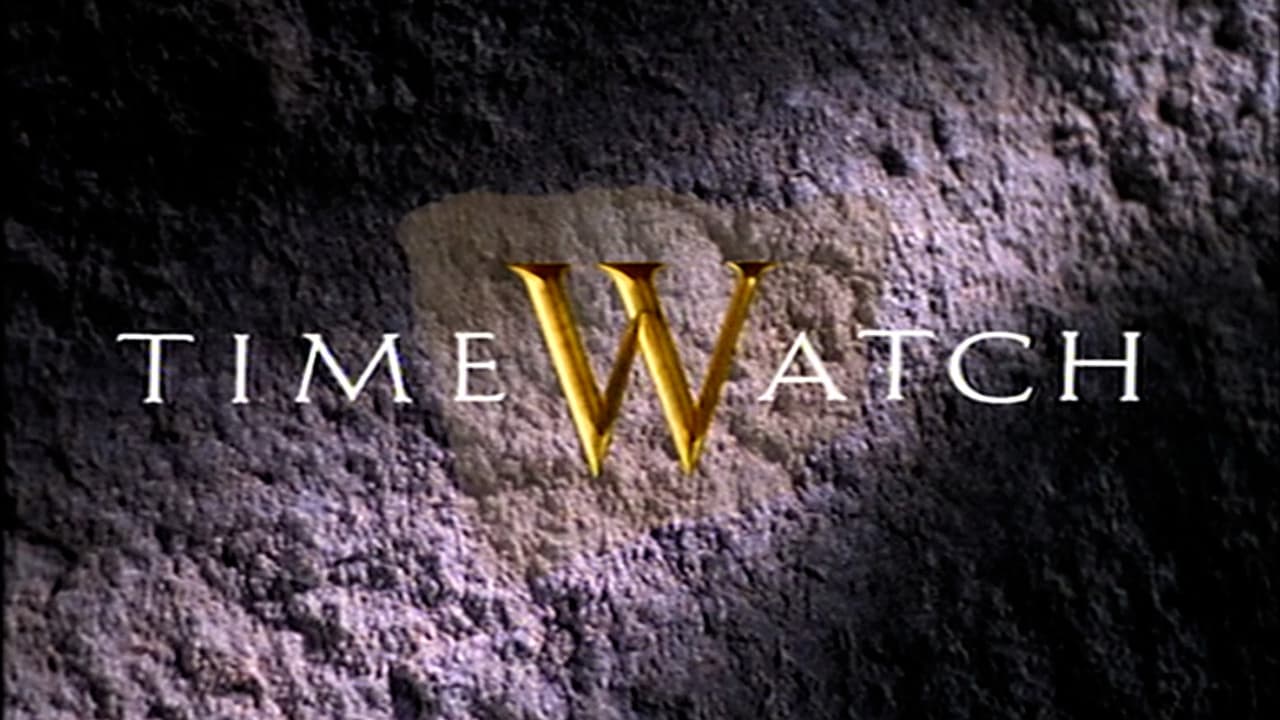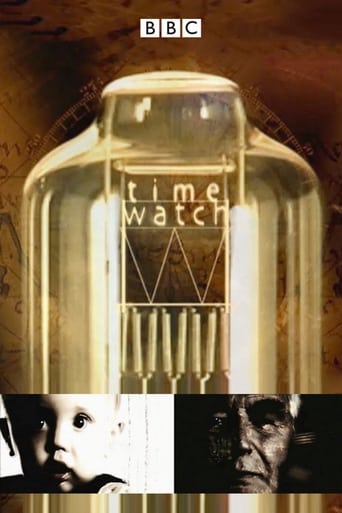Timewatch Season 14

Timewatch is a long-running British television series showing documentaries on historical subjects, spanning all human history. It was first broadcast on 29 September 1982 and is produced by the BBC, the Timewatch brandname is used as a banner title in the UK, but many of the individual documentaries can be found on US cable channels without the branding.
Watch NowWith 30 Day Free Trial!
Timewatch
1982 / TV-PG
Timewatch is a long-running British television series showing documentaries on historical subjects, spanning all human history. It was first broadcast on 29 September 1982 and is produced by the BBC, the Timewatch brandname is used as a banner title in the UK, but many of the individual documentaries can be found on US cable channels without the branding.
Watch Trailer
Timewatch Season 14 Full Episode Guide
Eighty years ago, a secret new weapon was born - the tank. From its inauspicious debut on the Somme in 1916 to the massed-tank battles of Cambrai and Amiens, the British media and public were fascinated with the tank. But how did this potent propaganda weapon actually perform on the battlefield? First-hand accounts from Tank Corps veterans and rarely seen archive film trace the highs and lows of this technological novelty, piecing together the true story of the tank in the First World War.
The 1930s were a golden age for Hollywood and its gangster films. But behind the screen, the Mob was turning a small-time protection racket targeting projectionists into a million-dollar shakedown. What began as extortion soon became a mutually beneficial arrangement. Timewatch went to Hollywood and Chicago to uncover the story of how movie moguls and Mobsters joined forces to keep the dream factory going, whatever the cost.
One of the most important revolutions of the 20th century has taken place not on the battlefield but in the home. In 1900, one in three working women in Britain was a domestic servant. Fifty years later, that entire way of life had disappeared, with wide-ranging implications for all women. With the help of archive film of domestic life through the century, and interviews with former domestic servants, employers, and experts, Timewatch looks at how the way we live, the design of our houses, and the role of women have all been caught up in this quiet revolution. It also asks whether the need for domestic help is now back on the agenda.
The word kamikaze is synonymous with death. But not every kamikaze who vowed to die in the Second World War fulfilled his promise. Shot down on route to the target, or still waiting to be called when the war ended, there were a handful of kamikazes who survived. First-time interviews with the survivors and archive footage reveal how a nation turned suicide into strategy.
Pocahontas was the first heroine of American history. Disney has released a romanticised cartoon version of her story, but the real story is far more interesting. Filmed in Virginia, Norfolk, and Kent.
The modern view of Vikings is that they were not very different from anyone else at the time. Timewatch travels to Iceland, the Shetlands, and Sicily to investigate the evidence and solve the riddle of Viking navigation.
On the 25th anniversary of the end of the 1967-70 Biafran war, Timewatch examines the doomed struggle of the Ibos, known as "the Jews of Africa", to secede from Nigeria. It was a war which touched the world as no other African war has done; a story of political manoeuvres and surprising propaganda victories. Novelist Frederick Forsyth, who lived in Biafra to cover the war, British High Commissioner Sir David Hunt, and other witnesses to the tragedy add their personal recollections.
A candid portrait of Oscar Wilde and his remarkable family, including revelations by his grandson Merlin Holland and Lady Alice Douglas, a descendant of Wilde's lover Lord Alfred Douglas.
The reports of young journalists like Martin Bell, David Jessel, Brian Barron, and Julian Pettifer brought the front line of the war into the front room. This review of the BBC's coverage includes dispatches that were often moving, like those on the fate of Vietnamese children orphaned by the war, or broadcast under conditions of great personal risk, as when Julian Pettifer came under fire in Saigon in 1968.
Using unique archive material from Vietnam and interviews with US agents, this programme tells the story of the friendly relations in 1945 between the United States government and Vietnamese communist leader Ho Chi Minh.
Three children of victims of the Holocaust tell the almost unbelievable stories of their parents' survival. From ghetto, through concentration camp, on to displaced persons camp, and out to a new life beyond, these stories are harrowing and inspiring in turn.
Free Trial Channels
Seasons


























